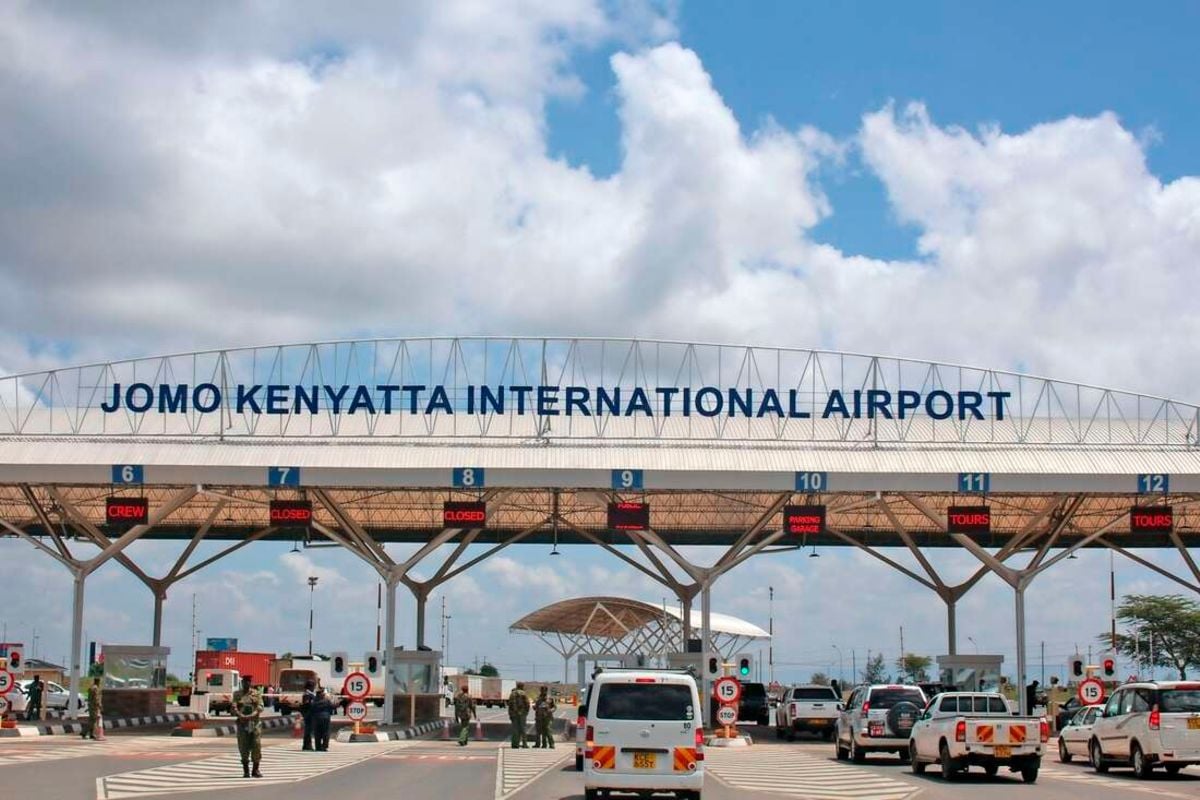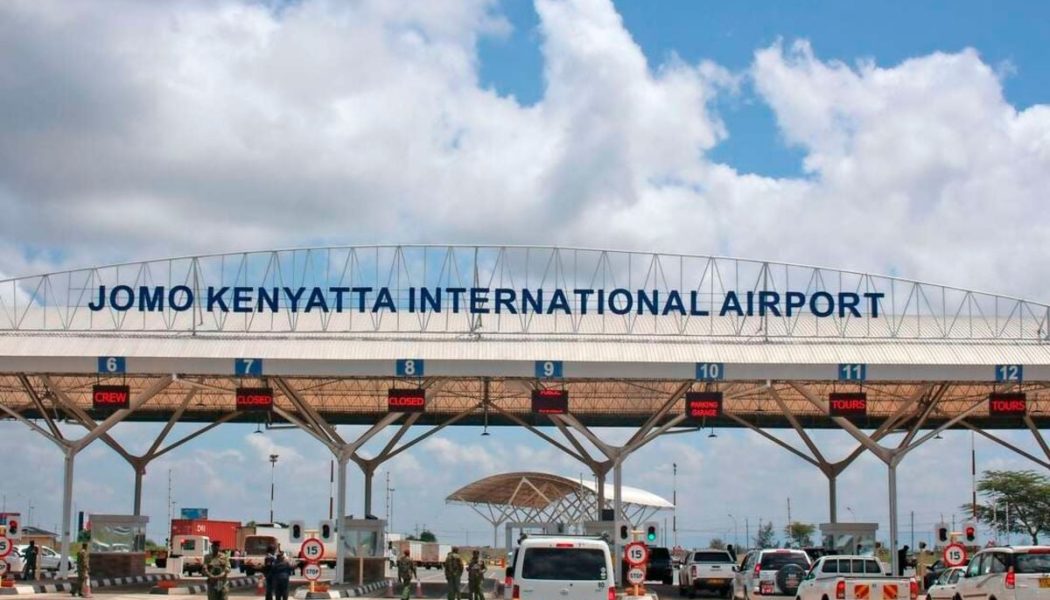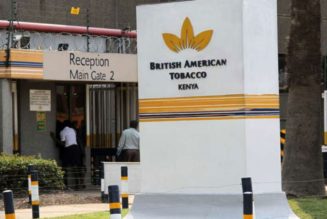
India’s Adani Airport Holdings Limited has proposed to invest $1.85 billion (Sh246 billion) to expand Jomo Kenyatta International Airport (JKIA) under a concession deal that, if accepted, could earn it an 18 percent annual return over three decades.
Adani’s privately initiated proposal to JKIA manager Kenya Airports Authority (KAA) shows that the Indian firm would upgrade the airport—including constructing a second runway and a new passenger terminal—under a 30-year build-operate-transfer (BoT) contract at a fee to be determined by the two parties.
Under a BoT contract, a government typically grants a concession to a private company through public-private partnerships (PPPs) to finance, build, and operate a project. The company operates the project for some time—typically 20 or 30 years— to recoup its investment through fees and other collections, then transfers control of the project back to the government.
“The investment in JKIA infrastructure development necessitates substantial and low-cost funds at the earliest by large private players, such as the proponent (Adani) herein, and PPP offers an avenue to achieve this objective,” Adani said in its proposal to KAA, noting that it targets financing the project through debt and equity.
Adani’s financial proposal shows $750 million (Sh99.6 billion) will be spent on developing a new terminal building, an associated apron and taxiway system, and two rapid exit taxiways.
This is expected to be completed by 2029. A further $92 million (Sh12.2 billion) will be used to improve the taxiway network system, set up two more rapid exits, and construct other related facilities like additional remote aircraft parking stands. This phase is to be completed in 2035.
Adani is also proposing to spend $620 million (Sh82.4 billion) on developing new facilities, with the firm adding that this will be done carefully to ensure seamless integration with the existing infrastructure.
The Indian firm proposes city-side development that would consist of hospitality, business hubs, and other amenities accessible by travellers and city residents.
“The perceived ease will not only boost traffic at the airport but also contribute to the nation’s economy by providing additional facilities to travellers as well as city residents,” reads the Adani proposal.
The Indian company is banking on the financial muscle of its immediate parent firm, Adani Enterprises, which has more than $17 billion (Sh2.2 trillion) in assets to drive the JKIA project.
The firm wants to run the airport for 30 years and transfer it back to JKIA at a value to be determined by the two parties, leaving it with an equity internal rate of return (IRR) of 18 percent.
IRR is a financial analysis metric used to estimate the profitability of potential investments. An investment with the highest probable IRR would be considered the best.
During the next 30 years, Adani will be entitled to set the dollar-denominated charges on airlines and other users for its services at JKIA to guarantee the target return.
“The proponent (Adani) to be free to determine and collect charges for non-aeronautical and any other commercial activities without any restrictions,” says Adani in the proposal.
Adani will be pushing the government to grant it favourable tax policies, including exemption from corporate tax for “certain years.” It will also require the government to provide external infrastructure such as roads, water, electricity, and internet connections to the boundary of the JKIA.
It will also be the responsibility of the government to acquire land for the development or enhancement of the facilities and arrange for work visas for skilled expats required for the projects.
The deal, if passed in its current form, also bars the government from approving the construction of any competing facility in proximity to JKIA during the next 30 years. In the event of the development of any existing competing facility by private investors, Adani will have the right of first refusal (to be offered the opportunity first).
KAA acting managing director Henry Ogoye Wednesday said Adani’s proposal will require shareholder engagement, approval from the National Treasury and Cabinet, as well as clearance from the Attorney General.
“The proposal will be subjected to technical, financial, and legal reviews alongside requisite due processes in compliance with the Public Private Partnerships Act 2021,” he said in a statement.
Adani estimates that the targeted JKIA upgrade would see revenue jump from $163 million (Sh21.6 billion) in 2025 (with $47 million or Sh6.2 billion) going to the government), to $290 million (Sh38.5 billion) in 2030, giving the government $52 million (Sh6.9 billion).
The revenue is projected to jump to $740 million (Sh98.3 billion) in 2045, with the government’s share at $70 million (Sh9.3 billion) and hitting $1.2 billion (Sh159 billion) in 2054, earning the State $76 million (Sh10 billion).
JKIA’s existing terminal 1 has five segments, with a total built-up area of about 70,000 square metres. The airport also has another terminal T2 of 10,000 square metres for low-cost airlines.
Adani Airports is an Indian-based airport infrastructure company that is part of the Adani Group—one of the largest infrastructure firms in India with interests in infrastructure and utilities, materials and metals, and emerging business-to-consumer businesses.









